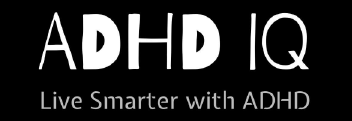ADHD Treatment Worthington Ohio
ADHD is one of the most common neurod-evelopmental disorders of childhood, however it is usually first diagnosed in childhood. Symptoms lasts into adulthood, meanwhile children may have trouble paying attention, controlling impulsive behaviors (may act without thinking about what the result will be), or be overly active.
ADHD Treatment Worthington Ohio – Signs and Symptoms
Signs and symptoms of ADHD normally for children to have trouble focusing and behaving at one time or another. Children do not just grow out of these behaviors and moreover, ADHD symptoms that continue, can be severe, and can cause difficulty at school, at home, or with friends.
A child with ADHD might:
- daydream a lot
- forget or lose things a lot
- squirm or fidget
- talk too much
- make careless mistakes or take unnecessary risks
- have a hard time resisting temptation
- experience difficulty taking turns
- be having difficulty getting along with others
It is not uncommon for symptoms can change over time and moreover, the presentation may change over time as well.
ADHD Treatment Worthington Ohio
The way to deciding if a child has ADHD is a process with several steps. Additionally, there is no single test to diagnose, and many other problems, like anxiety, depression, sleep problems, and certain types of learning disabilities, can have similar symptoms. One step of the process involves having a medical exam, for instance hearing and vision tests, to rule out other problems with symptoms like ADHD. Diagnosing usually includes a checklist for rating symptoms such as taking a history of the child from parents, teachers, and sometimes, the child.
Treatment
Cases are best treated with a combination of behavior therapy and medication. Children who are preschool-aged (4-5 years of age) behavior therapy, particularly training for parents, is recommended as the first line of treatment before medication is tried. What works best can depend on the child and family, for example good treatment plans will include close monitoring, follow-ups, and making changes, if needed, along the way.
